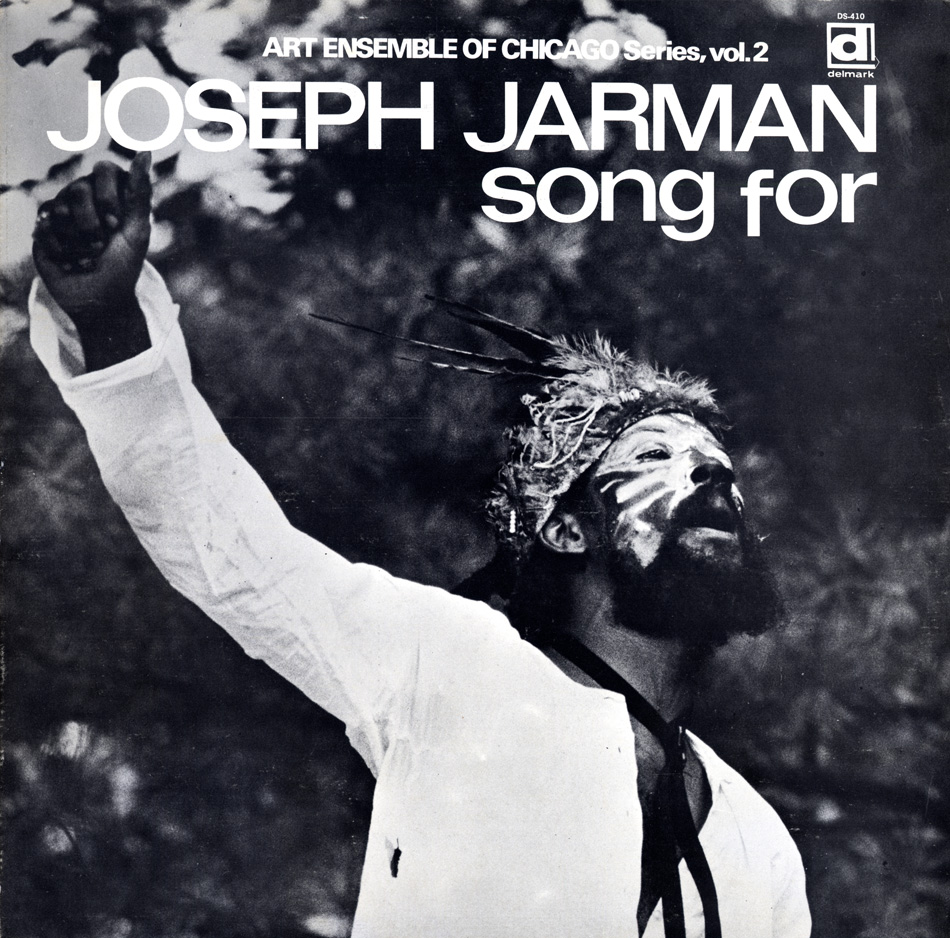47 years ago today, a group of musicians gathered in Chicago, IL to form an organization whose aim was to support music that fell outside the parameters of conventional practice, culture, and exhibition. The following week, the group came to be known by the name it has had since that day: the Association for the Advancement of Creative Musicians, or the AACM for short.1
The AACM is still very much alive in Chicago (less so, it appears, in New York), still hosting concerts, students, resident musicians and groups, still very much a part of its local and broader communities. Further, the music it supports remains as diverse as ever, the depth of its commitment to what has been variously called Original Music, Creative Music (my personal favorite), and finally Great Black Music, unwavering.
Their work has been deeply inspiring to me the last few months, a reminder that one’s obligation as an artist is to try new things, however contrary they might at first be to one’s own practice; that one’s conscience is as good a guide as one is likely to find; that one should always strive for growth, both personally and with one’s instrument and group; and that music is a force of tremendous energy in all events.2
The roster of musicians who have been affiliated with the AACM through the years is nothing short of astonishing: Muhal Richard Abrams, Anthony Braxton, Joseph Jarman, Leroy Jenkins, Roscoe Mitchell, Lester Bowie, Tomeka Reid, and countless others.
But because this is an anniversary, I’ll stick to the earliest AACM-affiliated recording I have on hand.
Enjoy.

Joseph Jarman, “Little Fox Run,” Song For, 1966.
For those interested in learning more, the AACM’s story is well-told in George Lewis’ remarkable A Power Stronger Than Itself: The AACM and American Experimental Music, a history of Chicago, jazz, African-American diaspora, and the struggle against the cultural status quo.↩
I feel a relative affinity between the kind of social and cultural disruptions my peers and I have sought through our own independent music scene and those carried out by the AACM. Like so much else, however, this idea requires elaboration and amplification better suited to another post.↩